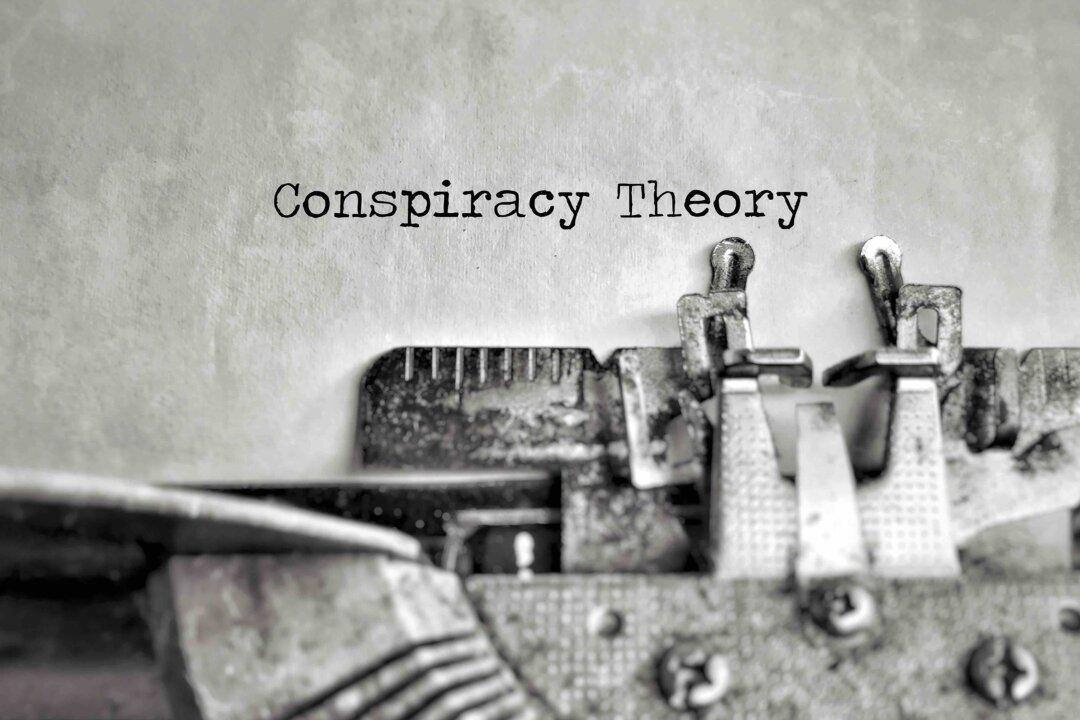Commentary
This past weekend, The New York Times revealed that the CIA has been deeply involved in Ukrainian politics for a decade, mucking around with politics and engaging in provocations against Russia. We already knew that from everything that nonmainstream commentators have been saying for years. It was reinforced by Tucker Carlson’s interview with Russian President Vladimir Putin just two weeks ago, an interview blasted for giving a platform to a bad guy.





